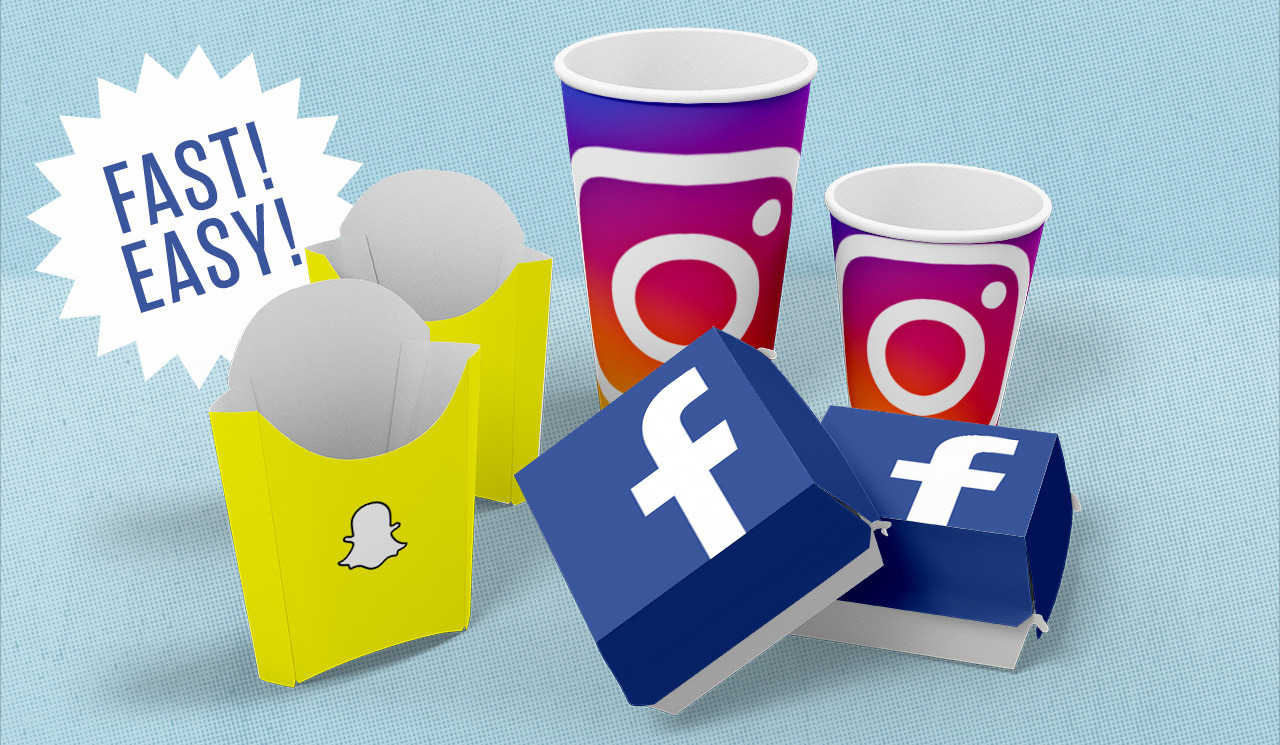
Wired had a great post about the “slow web” or Artisanal Internet.
The idea is to embrace independent, decentralized technology, the way the slow food movement embraces locally produced, traditionally-prepared foods. It’s an interesting idea but I’m guessing not one most people are ready to embrace. Heck, I wasn’t even sure it would be 100% my jam.
My biggest concern is that in this analogy, Facebook is McDonald’s, and, like McDonald’s, is probably never going away. Both are unhealthy and addictive, and very hard for most people to quit. I’ve been off Facebook for about 5 years now and left Instagram maybe 2 years ago (although I didn’t shut down my account). But most of my friends still use both of those platforms. (And I do mean my real friends —
I have no idea what the randos I barely knew in high school are up to now that I’ve left.)
Big Internet keeps coming up with new ways to hook us. My kids have started to use Snapchat and one of them got backdoor-trapped into the social network known as Fortnite. Policing these really does seem a lot like policing my kids’ diet. We’ve taken the moderation and education approach for the most part and it seems to be working. But then I suppose they’ll just have their whole lives to battle how much they use social applications —
like we’ve all had to manage how much Ben and Jerry’s is acceptable.
The good news is that there are plenty of artisanal web apps out there. I like think The Old Reader is one. That is, apps that help you learn, connect, or get things done without spying on you or manipulating what you see for their profit. But start calling them Artisanal Web Apps at your own risk… I have a feeling you might get slapped in the face if too many people hear you talking like that.
Just like farmer’s markets haven’t wiped out fast food, the slow web is probably never going to take down Facebook or displace Google. The issue is that there is no alternative to an advertising-driven business model that really works. But if developers can learn to live without venture capitalists, without trying to grow exponentially, and offer a safer, less polluted Internet, we can get along just fine.